
Mission Area
Research and Exploratory Development
Inventing the Future for APL and Our Nation
The Research and Exploratory Development (RED) Mission Area is Johns Hopkins APL’s research engine. We conduct pioneering research targeting game-changing breakthroughs to benefit national security missions. While each program within the RED Mission Area has a specific research focus, we recognize that innovation often happens at the intersection of technical disciplines. Therefore, we bring together multidisciplinary teams of talented scientists and engineers to tackle difficult challenges and invent the future for APL and our sponsors.
Research Programs
Leadership
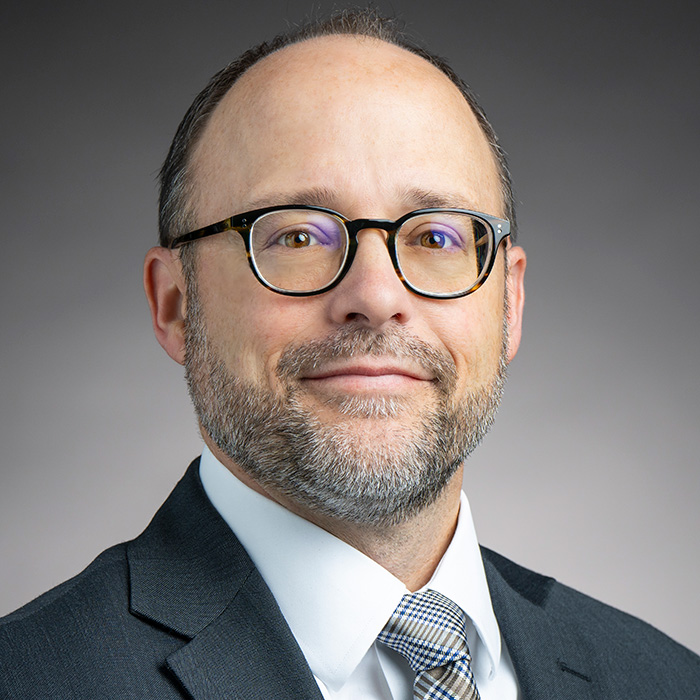
Andrew Merkle Department Head, Research and Exploratory Development
Learn more about Andrew C. Merkle
Joan Hoffmann Mission Area Executive, Research and Exploratory Development
Learn more about Joan Hoffmann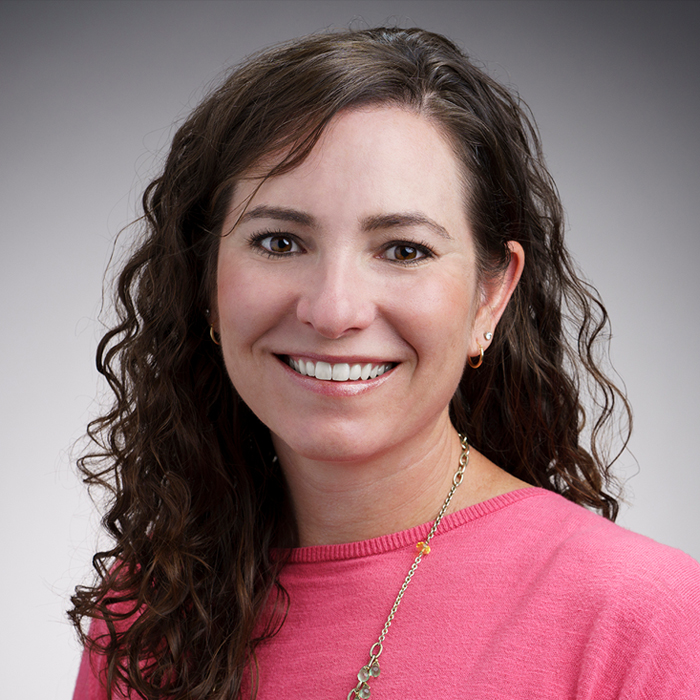
Morgan Trexler Research Program Area Manager
Learn more about Morgan M. Trexler
Jeffrey Maranchi Exploration Program Area Manager
Learn more about Jeffrey MaranchiHighlights

Advancing Biomanufacturing for National Security
Making supply chains more secure, strengthening the defense industrial base, and producing materials wherever and whenever
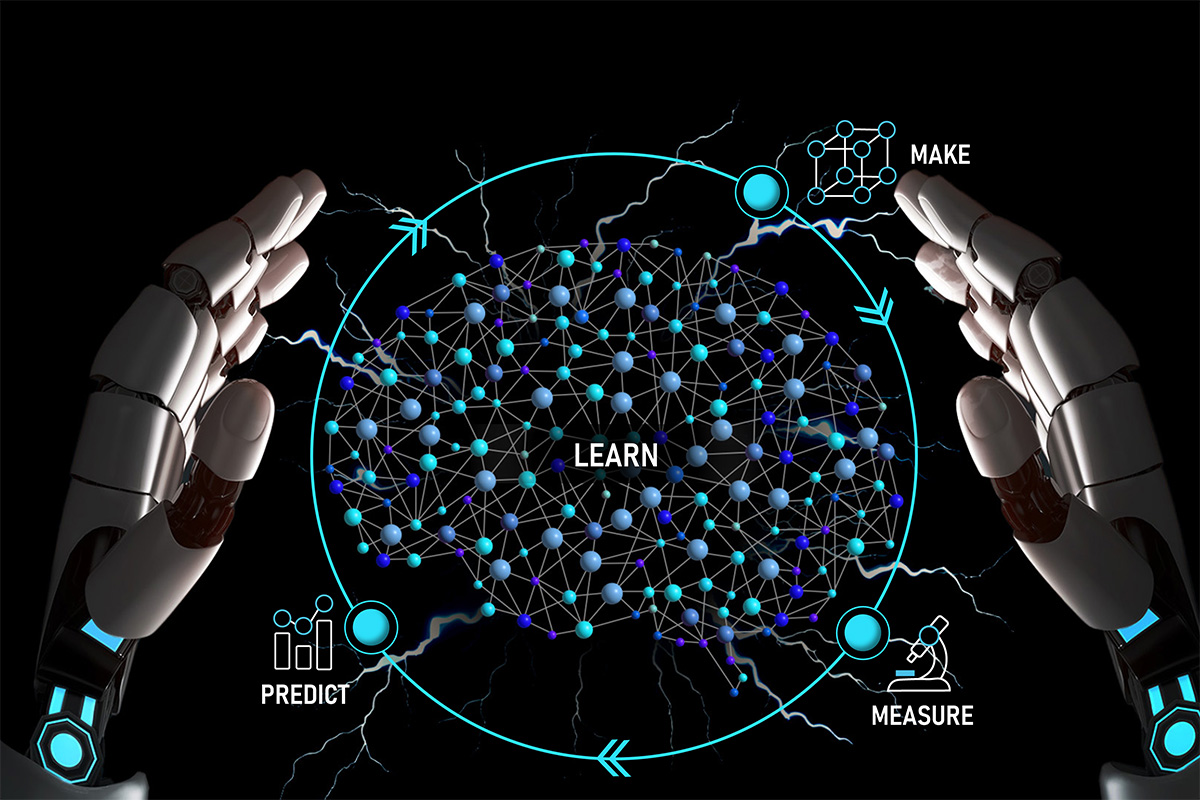
Revolutionizing Materials Discovery for National Security
Reimagining and accelerating the targeted discovery of materials tailored to withstand and perform in the most demanding conditions, ensuring enhanced capabilities in extreme environments
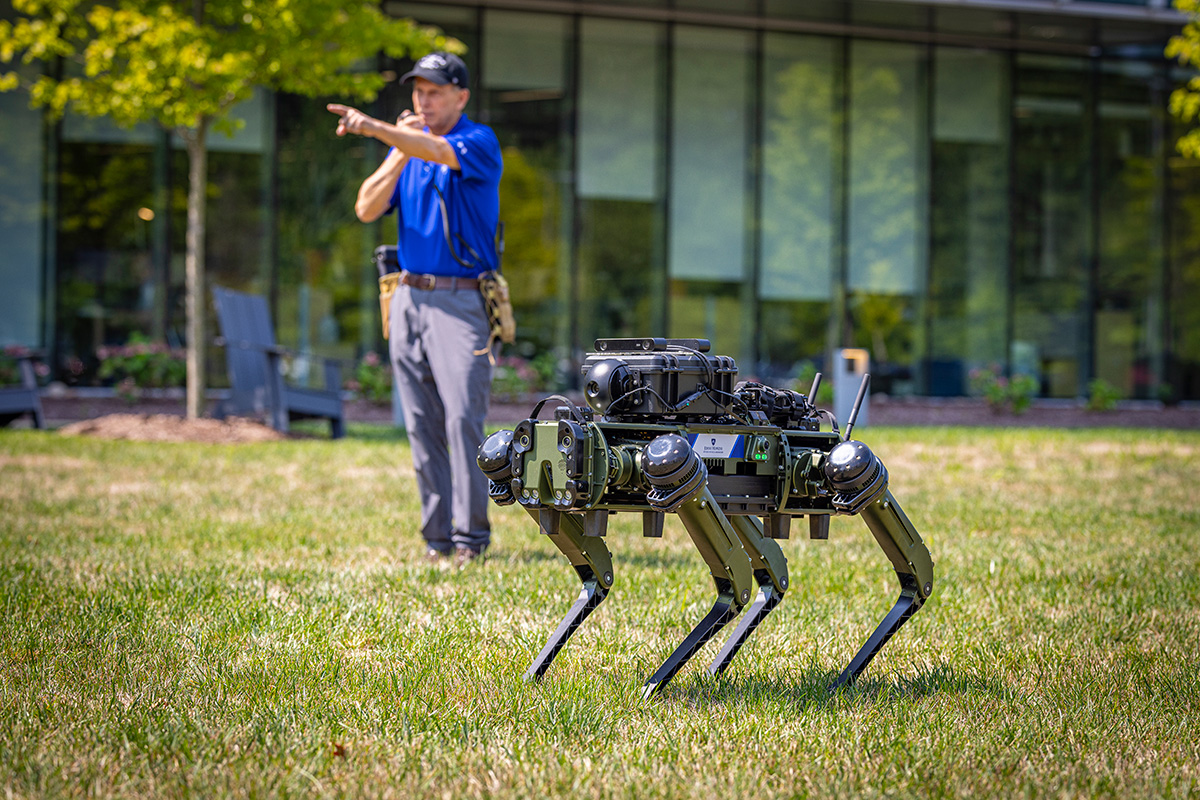
Robotics Intelligence
Creating capabilities that give robots the speed, agility, and intuition required to operate in the most complex and challenging environments while teaming with human partners
Recent News
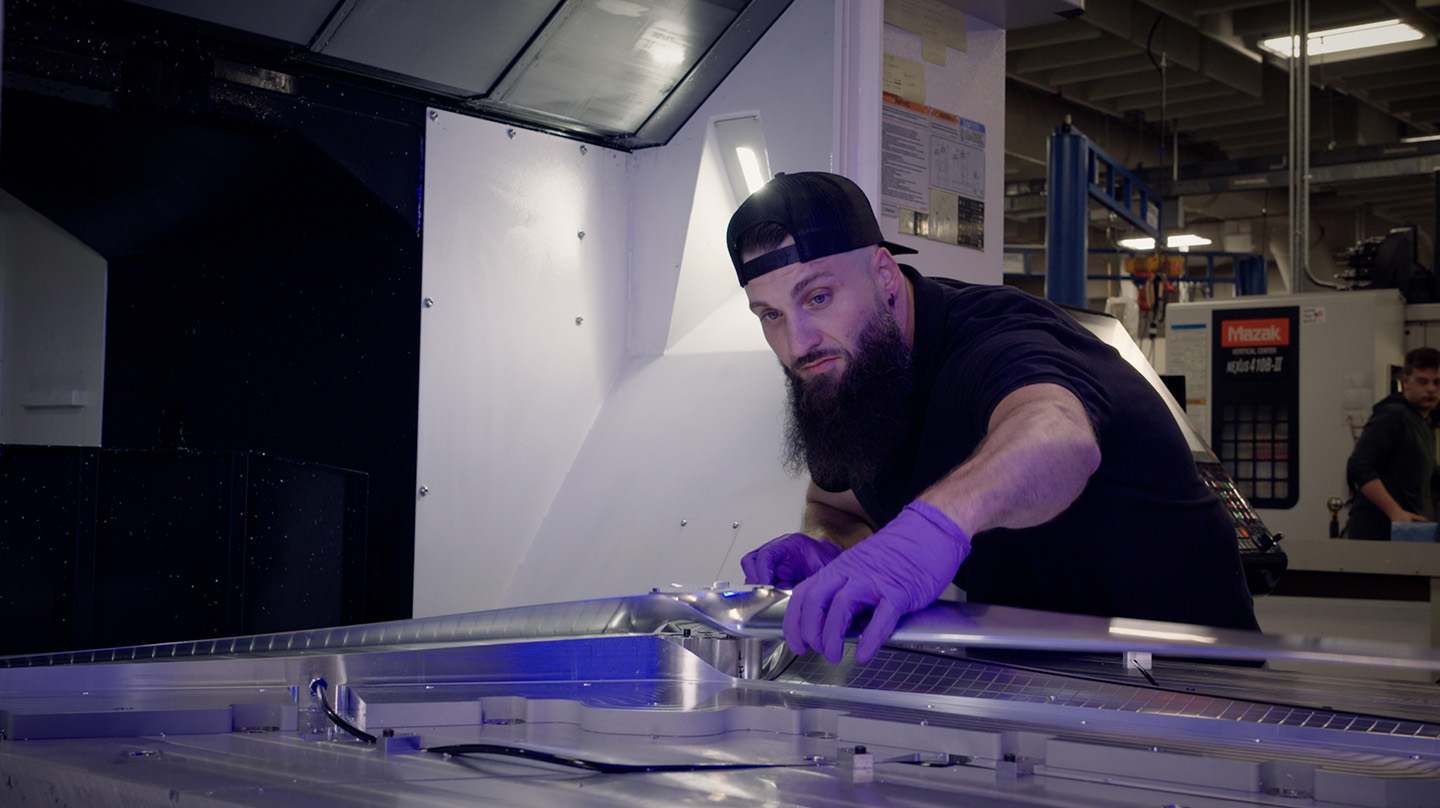
Jan 23, 2026
Flight Engineers Give NASA’s Dragonfly Lift
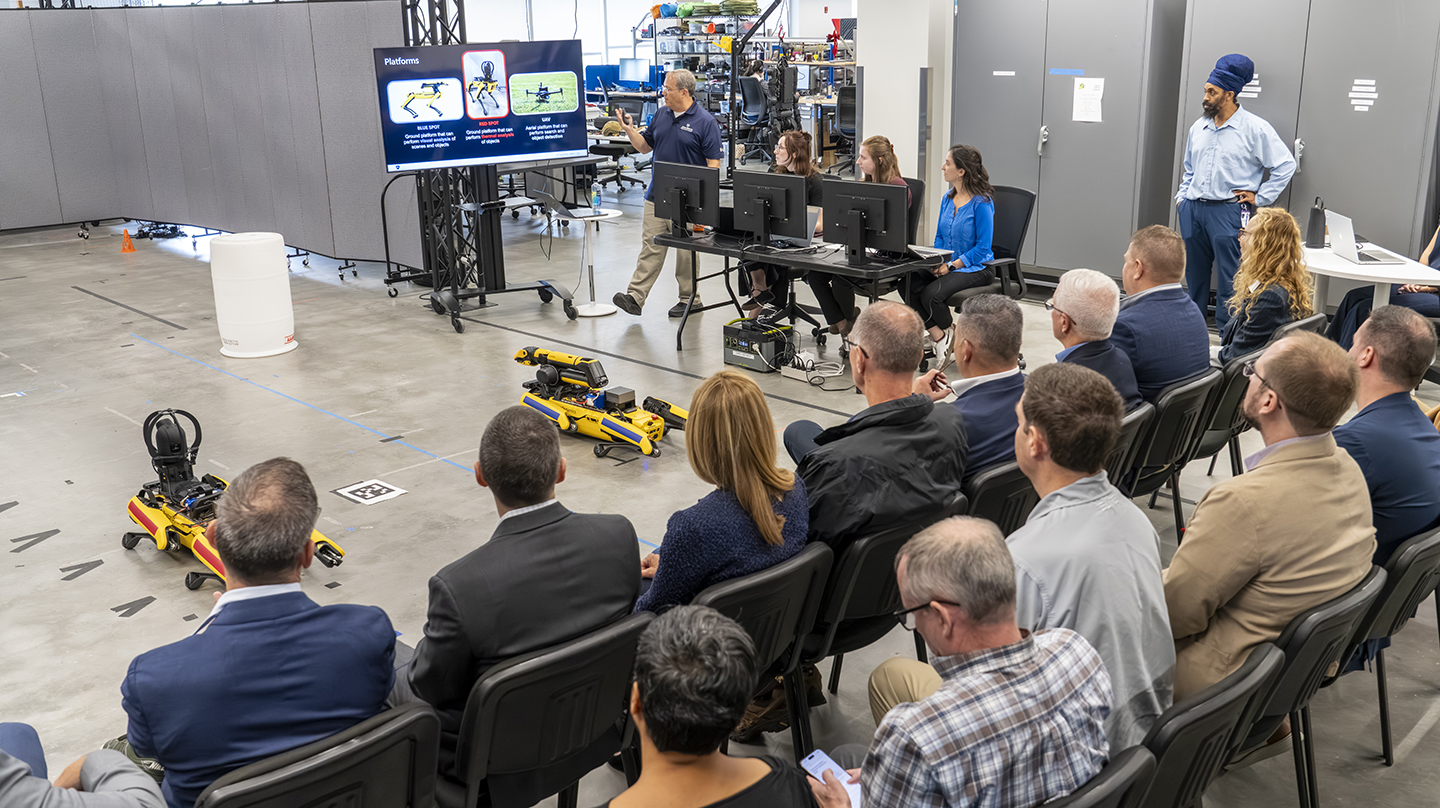
Dec 2, 2025
Johns Hopkins APL and Microsoft’s AI Agent Orchestrates Robotic Teams

Nov 20, 2025
Johns Hopkins Team Breaks Through Quantum Noise
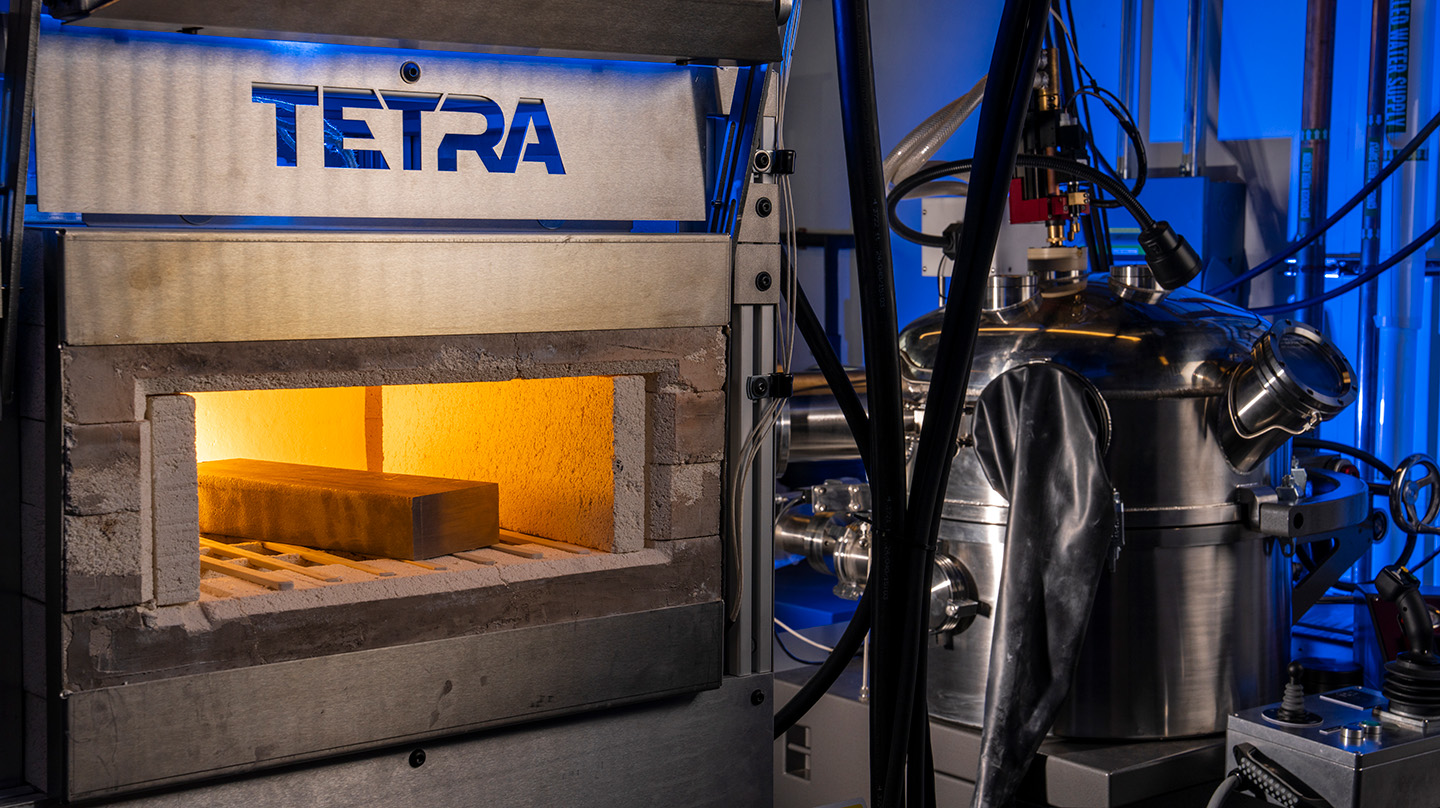
Sep 17, 2025
An Accelerated Paradigm for Developing Mission-Critical Materials
